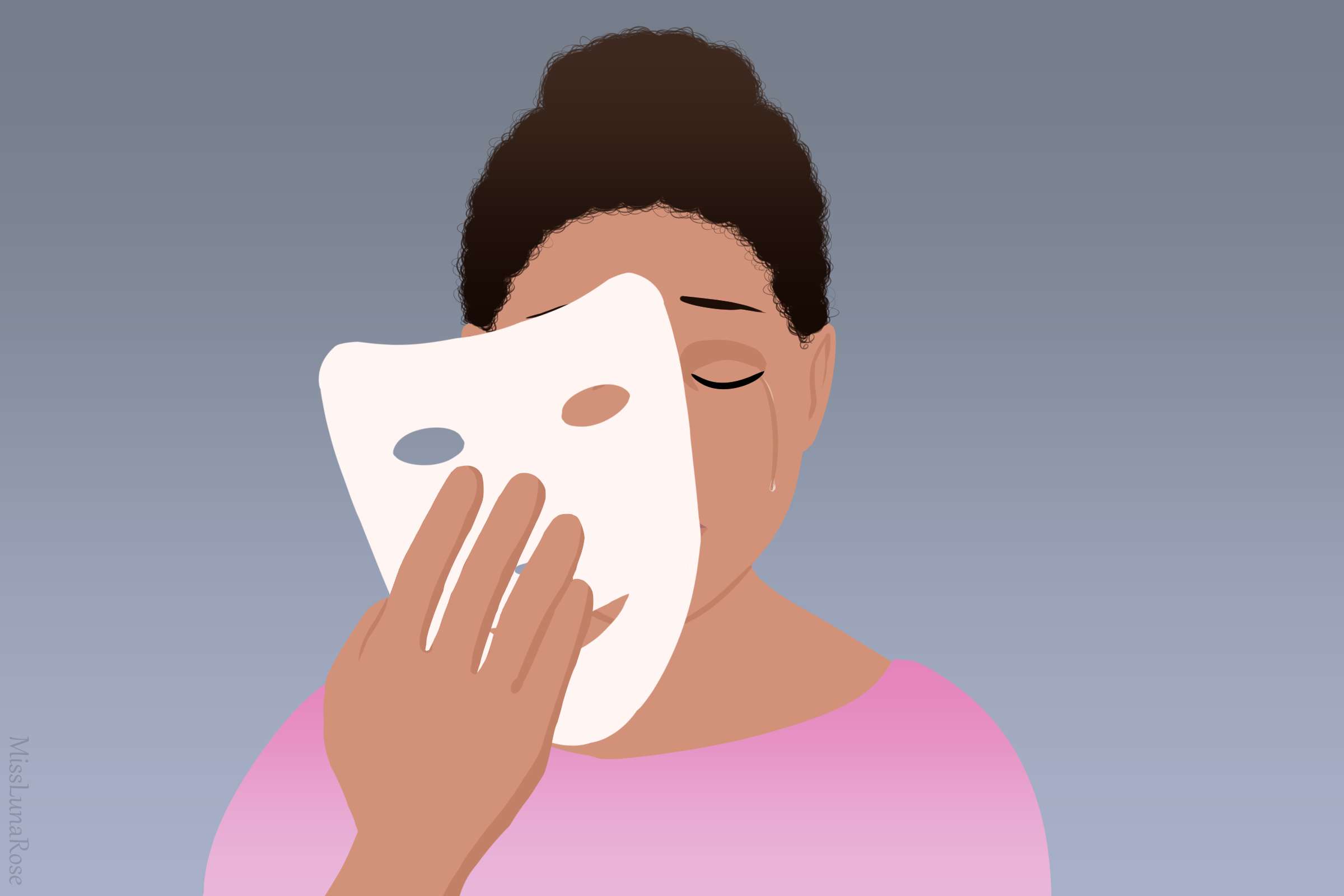
Mental Health Resources
Experiencing an Emergency?
-
Suicide & Crisis Lifeline
-
Dodge County Crisis Line
920-386-4094
Monday-Friday (8:00am-4:30pm)888-552-6642
Evenings, Weekends, & Holidays

Cultivating Connection
2025 Mental Health Worship Series
-
Loneliness
May 4, 2025
-
Numbness
May 11, 2025
-
Anxiety
May 19, 2025
-
Purpose
May 25, 2025

I / You / We Belong
2024 Mental Health Worship Series
-

Trauma
April 21, 2024
-

Suicide
April 28, 2024
-

Finding Your Place
May 5, 2024
-

Denial & Acceptance
May 12, 2024

SEEKING BALANCE
2023 Mental Health Worship Series
-

Emotional Masking
April 30, 2023
-

Burnout
May 7, 2023
-

Filtering Out the Positive
May 14, 2023
-

Personalization
May 21, 2023

LIGHT-ER LOAD
2022 Mental Health Worship Series
-

Stigma
May 1, 2022
-

Anxiety & Stress
May 8, 2022
-

Depression
May 15, 2022
-

Substance Abuse
May 22, 2022
-

Grief & Loss
May 29, 2022

